
Overall: A fanciful "romantic journeys" concept album that has plot holes
Ariana Grande’s Eternal Sunshine seems to be a state of the union address on her string of high-profile relationships and her dynamic with the press. The title is quite evidently taken from Michel Gondry’s Eternal Sunshine of The Spotless Mind. The film follows a couple that undergoes a procedure to erase memories of each other. They still manage to find one another, but fall on the rocks when they review evidence of their prior connection. Ultimately, they give it another go.
Grande’s album doesn’t follow the movie point for point, but it’s still conceptually relevant. I roll my eyes when a popular culture reference is used as a project name and it’s just a cutesy, shallow nod. The LP’s essential question is presented in “Intro (End of The World):” ‘How can I tell if I’m in the right relationship?’ The answering closer “Ordinary Things” features a recording of Grande’s grandmother. She asserts that it’s easy for couples to overcome issues and they should never rest without kissing goodnight. Moreover, you should ‘get out’ if you can’t bring yourself to smooch.
One could argue that most pairings have an ‘able to kiss goodnight’ stage, so I guess Grande’s taking us along on her quest to find permanency in that regard. Many of the songs depict a romance reaching a stalemate and her exiting stage left. There’s a consistent air of regret, amongst hopes of residual attachment. Early in this terse 36-minute set is an astrological interlude about how the universe pushes you to figure out who you are, starting at age 29 (Grande turned 29 in 2022). Grande briefly mentions therapy, codependency, and having 'demons,' but the record doesn’t really focus on self-discovery. What ‘ah-ha’ moments did you have and how did they affect your love life? How did you course correct and break your cycles? It isn’t even deliberately suggested that she’s learned nothing or is still piecing things together. Without all this, there’s a huge hole in the narrative that makes me ask ‘What’s supposed to be the takeaway?’
At the conclusion of the LP, it’s implied that she’s found ‘the guy.’ Yet, we don’t know what’s changed on the ground or within her where the romantic odds are better. Grande’s previous project Positions ended on a similar note—with heightened stakes because of its hints about nuptials. The writing on Eternal Sunshine is thankfully less inane and juvenile though, and there’s no marital teasers. Grande indeed got hitched to Dalton Gomez during the Positions era, but they separated about two years later (their divorce was recently finalized). Soon after, she was linked to her Wicked co-star Ethan Slater. Home-wrecking accusations persist, as Slater is fresh out of a marriage himself and has a very young son. These details are important because of how they’re reflected in the music—particularly in the songs about the media.
Over a four-song arc, Grande infers that people have her all wrong. She touts that she’ll play into perceptions, since she can’t control them (ex. “True Story,” “The Boy is Mine”). After an act of defiance (“Yes, And?”), she resigns to waiting for the news cycle to be favorable again (“We Can’t Be Friends”). Of the quartet, “Friends” is the most lyrically intriguing because you’d think it was a sad love song if you didn’t know better. The commentary on how quickly and easily the media tide turns is also interesting. Grande seems almost certain she’ll be beloved once more. While she says her truth will ‘sit in silence,’ it’s still curious that she doesn’t share it. It could’ve been done in a veiled or swift way, or be centered on her identity overall. This section of Eternal Sunshine’s tale is more clearly defined, but alas is unfinished too. In addition to Grande, the writers are Max Martin and Diana Garland.
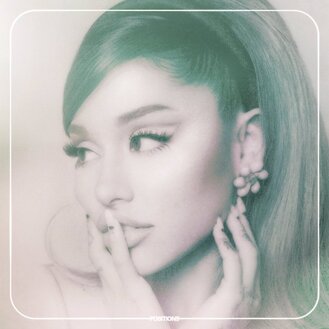
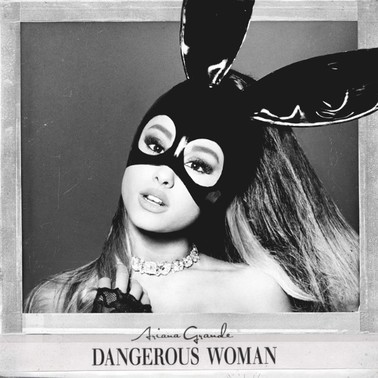


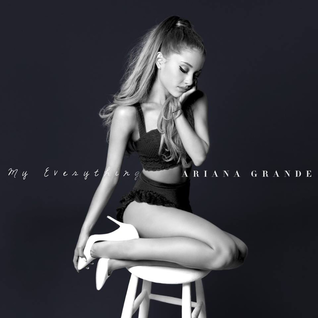
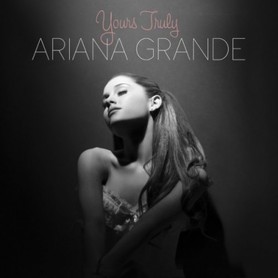
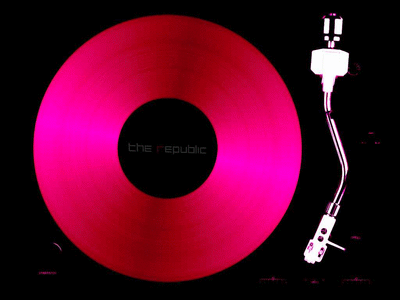
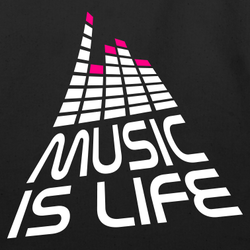
 RSS Feed
RSS Feed